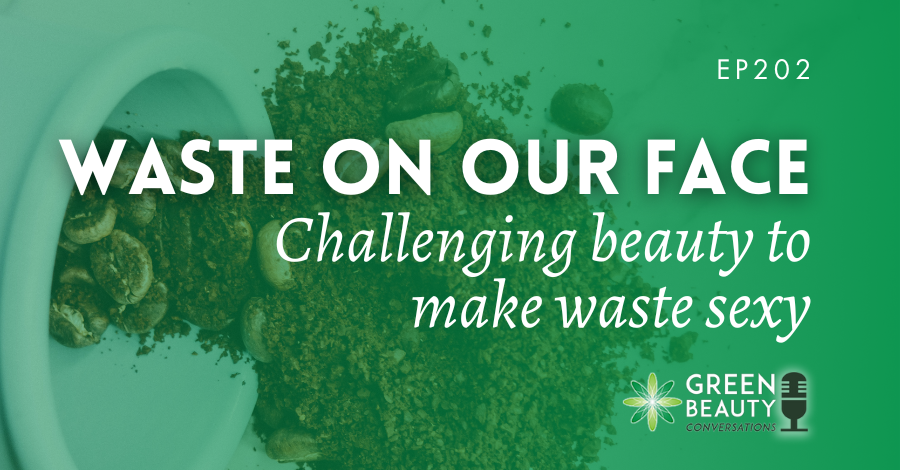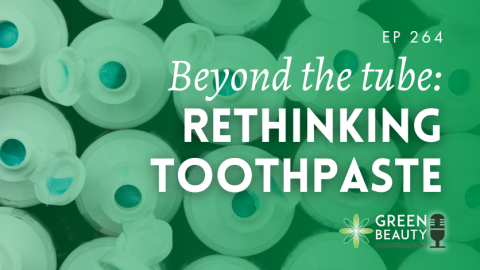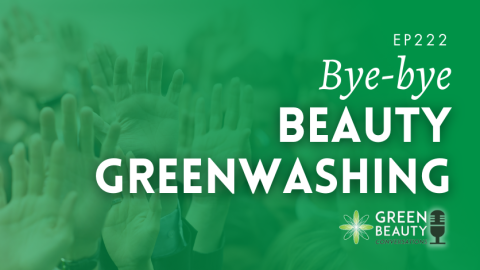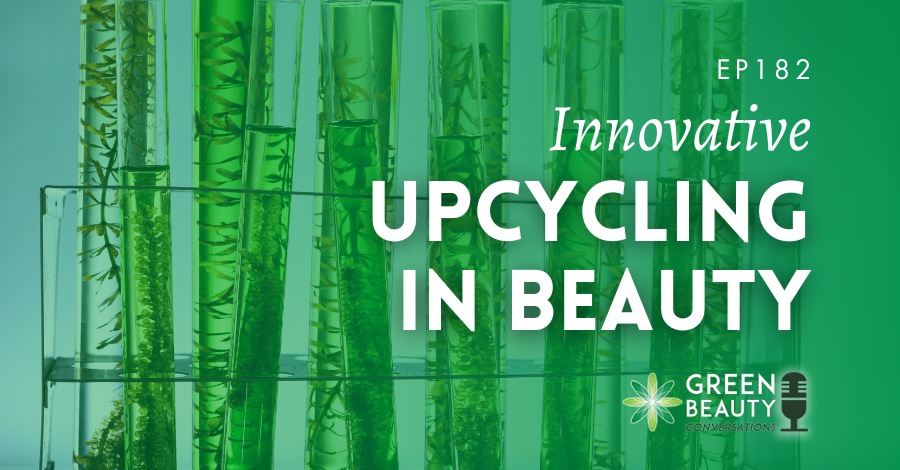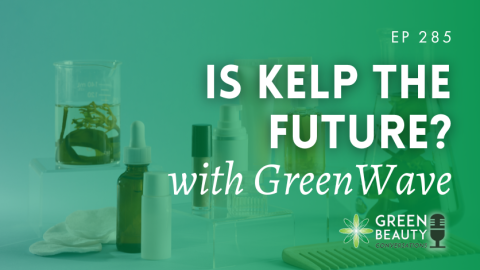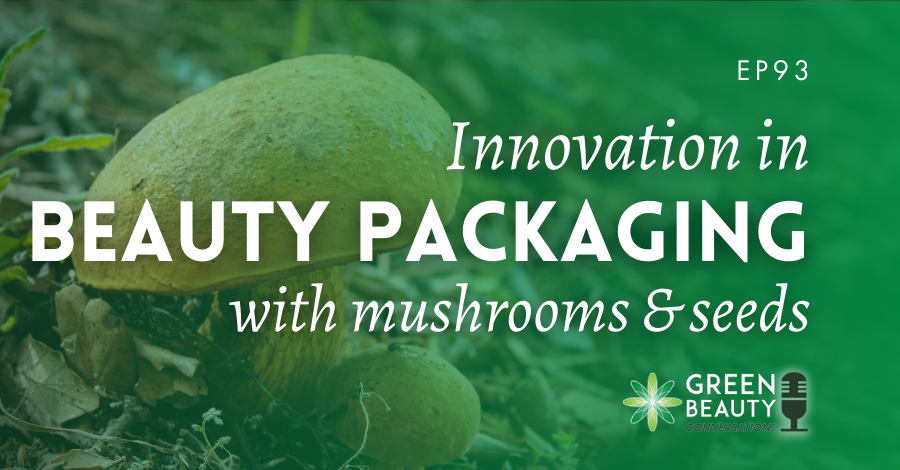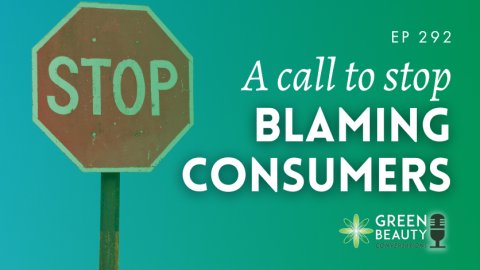In this opinion episode, Formula Botanica CEO and podcast host Lorraine Dallmeier dives deep into a topic that’s been buzzing in the beauty industry for a while – upcycled ingredients. In a world where environmental consciousness is on the rise, and the use of waste materials to create beauty products is gaining traction, you would think that upcycling food industry waste and byproducts as cosmetic ingredients would be unquestioned.
However, some might ask if there are potential downsides to what is, in effect, synonymous with putting waste on our faces. Join Lorraine as she explores the intriguing questions surrounding zero waste and upcycling raised by her guest in the last episode – Terence Chung of FRUU Cosmetics – and navigates the intersection of sustainability, marketing, and consumer perceptions.
Inspiring quote:
“Let’s redefine the narrative, making waste not just sustainable but undeniably beautiful. Embrace the power of upcycling; let our choices be a testament to the elegance that lies in conscious creation.” – Lorraine Dallmeier
Key takeouts include:
- The shocking reality of food waste: Approximately one-third of the world’s food goes to waste, amounting to a staggering 1.3 billion tonnes annually. With hunger and malnourishment affecting millions globally, addressing food waste has become a critical global issue outlined in the UN’s Sustainable Development Goal number 12.
- The conundrum of the term ‘waste’: Despite the noble intentions behind upcycling, the term ‘waste’ carries negative connotations, including references to nuclear waste and toxic industrial by-products. This poses a challenge for beauty brands aiming to incorporate upcycled ingredients and prompts the question: can waste ever be made appealing in the beauty industry?
- Greenhushing and marketing challenges: As sustainability becomes a focal point, there’s a growing phenomenon termed ‘greenhushing,’ where companies keep their environmental efforts under wraps to avoid scrutiny. The question arises – should beauty brands openly embrace upcycling in their marketing, or does the potential negative perception necessitate a more discreet approach?
- Making waste sexy for beauty: Despite potential challenges, the call to action is clear. Beauty brands are encouraged to proudly embrace upcycling, making it an integral part of their marketing initiatives. The benefits of using upcycled ingredients, as exemplified by pioneers like FRUU, could potentially attract more consumers once the positive impact of putting waste on one’s face is recognised.
Lorraine’s challenge:
As we navigate the intricate balance between sustainability and consumer perception, the challenge for the green beauty sector in 2024 is to make waste sexy. Join Lorraine in supporting beauty brands that champion upcycled ingredients and consider incorporating these materials into your formulations if you’re a formulator yourself.
Let’s reshape the narrative around waste in beauty and work towards a more sustainable and conscious industry. Together, let’s make waste a beauty asset in 2024 and beyond.
There’s a wealth of information in our old episodes and we encourage you to go back and listen to them. If you want to hear more about some of the topics we covered in this episode, please do delve back into the podcast archives. Go and listen to:
Episode 201: FRUU Cosmetics and the sustainable upcycling of wonky fruit
Episode 181: Marine magic from seaweed waste to cosmetic ingredients, in which Lorraine interviewed Geoff Chapin of Carbonwave, which has created a seaweed waste-derived emulsifier.
Episode 199: Upcycling and zero waste with Thomas Kerfoot of Inky Ingredients and O&3, which supplies upcycled ingredients to all sorts of beauty brands.
Episode 59: How upcycled waste built a global beauty brand – in which we spoke with Anna Brightman of Upcircle which processes their own waste ingredients in-house to create cosmetics.
Thank you for joining us for this episode of the Formula Botanica Green Beauty Conversations podcast. If you enjoyed listening, please share, subscribe and review this episode on Apple Podcasts, Spotify or Youtube so that more people can enjoy the show. Don’t forget to follow and connect with us on Facebook and Instagram.
FREE TRAINING
Learn how to become an
Organic Skincare Formulator
FREE TRAINING
How to become an
Organic Skincare Entrepreneur
FREE TRAINING
How to become an
Organic Skincare Entrepreneur
Leave us a comment
Lorraine Dallmeier is a Biologist, Chartered Environmentalist and the CEO of Formula Botanica, the award-winning online organic cosmetic science school. Read more about Lorraine and the Formula Botanica Team.

